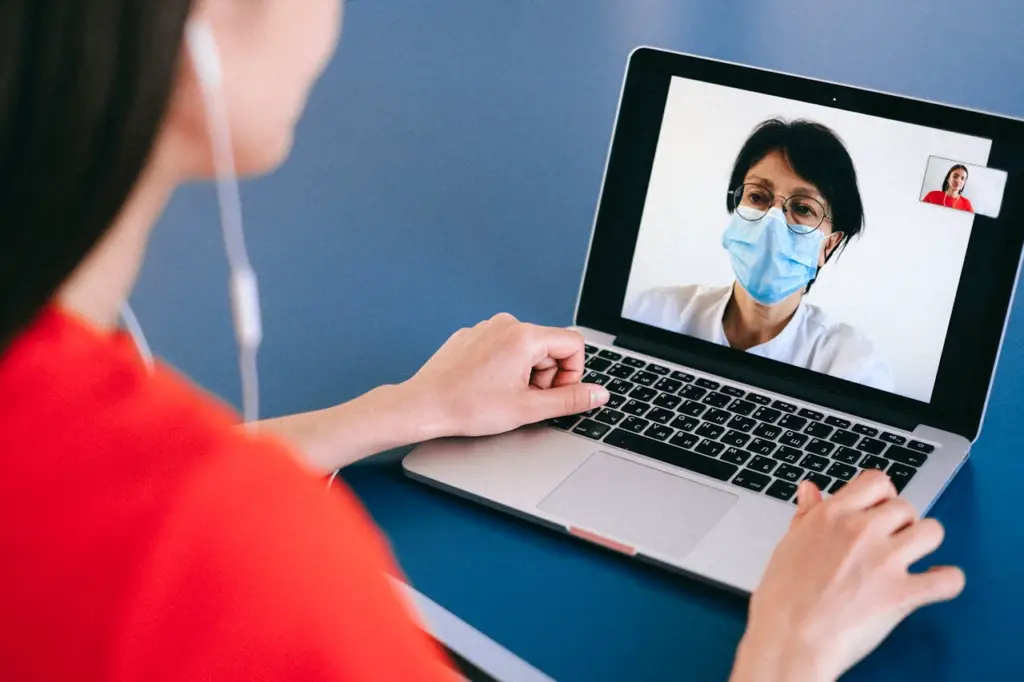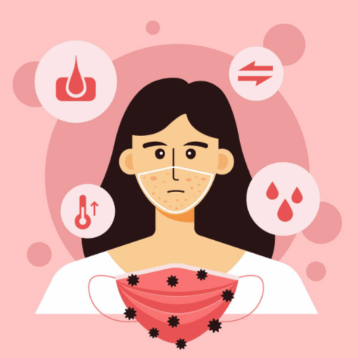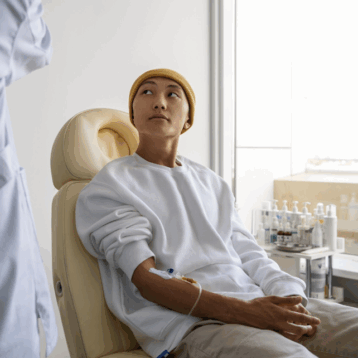
Virtual healthcare is becoming a common part of modern treatment. There are many advantages that make the use of technologies such as virtual reality (VR) and telemedicine worth the investment. With the right strategy, doctors, health experts, and patients alike reap the benefits.
Easier Accessibility for All
One of the greatest benefits of using virtual strategies is the wider range of accessibility. From patients with work commitments to wheelchair-bound individuals, virtual systems make it much easier for patients to seek treatment. Mental health support through services like Aetna online therapy also encourages patients to seek assistance without the stigma of booking into a facility. With simple webcams and microphones, healthcare becomes more accessible for all.
Virtual Healthcare and Mental Health
Around 10% of Veterans Affairs care providers use VR for the treatment of issues such as PTSD in the US. There are many more benefits of virtual therapy for patients, such as the following:
- Patients experiencing anxiety or issues such as agoraphobia don’t need to leave home.
- Patients can work on mental health issues such as anxiety with VR exposure.
- The stigma around mental health treatments is somewhat removed in a virtual setting.
Not everyone is able to make it out of the home. Virtual meetings and advice relieve the stress of having to do this. While VR mimics the benefits of exposure therapy without the risk.
Easier Expert Collaboration
If you have worked with anyone in a professional manner over the past few years, then you will understand how a virtual setting can be beneficial. Tools such as Teams and Skype allow you to collaborate at a long distance. This can be beneficial for medical teams as they work on a solution to complex cases. Quickly set meetings can also be highly beneficial for cases where time is a factor, such as terminal cases that can be helped using complex medical procedures.
Virtual Healthcare and VR Exposure
Virtual reality isn’t only used for video games. The realism that modern VR systems offer makes them excellent candidates for treating specific issues, primarily for reducing stress and anxiety. However, there are also considerable benefits of VR in other settings and specific cases:
- Patients can gradually expose themselves to situations that cause anxiety and stress.
- VR exposure can also be used to reduce the effects of extreme phobias.
- Exposure to calming virtual worlds is beneficial for reducing stress and anxiety.
- Patients with mobility issues can experience activities they otherwise aren’t able to.
- DEI initiatives are improved as immobile patients can take part in virtual meetings.
Any world can be built virtually. Underwater adventures, peaceful valleys, and getting close to animals are examples. VR can be used to expose patients to experiences with benefits.
Improved Patient Experience via Telemedicine
Telemedicine offers patients a way to privately access expert medical help at a distance. Whether it’s time, mobility, or even money that prevents someone from getting to an appointment, telesystems are a massive advantage. Webcams and microphones allow you to speak to a medical professional from the comfort of your home. However, data collection systems can also monitor your health and send medical data back to your doctor in real-time.
Social Benefits of Virtual Healthcare
Surveys have shown that 50% of Brits are happy to see NHS doctors in a virtual setting. There are various reasons why this can help people. Some of the most important are as follows:
- Patients with anxiety may be more at ease in a virtual setting instead of in person.
- Exposure to others via virtual meetings will help patients improve their social skills.
- Patients with minimal funds don’t need to worry about transport to doctor appointments.
Virtual health ensures that patients can make appointments from home or somewhere else. This ensures ongoing health for patients who otherwise might skip appointments for whatever reason.
VR Training for Surgeons
VR is a valuable tool for many reasons. One of the most critical is that VR removes the real danger of specific procedures. For this reason, VR is being used in training programs across multiple sectors, such as mining and other dangerous jobs. However, the fidelity of modern VR systems also means they can help with surgical training. Trainee medical students can learn how to perform procedures on ultra-realistic VR human bodies without the risk of harm.
Summary
Better accessibility is one of the most compelling reasons for embracing virtual healthcare. VR exposure also helps people with anxiety and stress seek treatment. VR also allows trainee surgeons to learn complex medical procedures without the risk of breaking the Hippocratic Oath.










